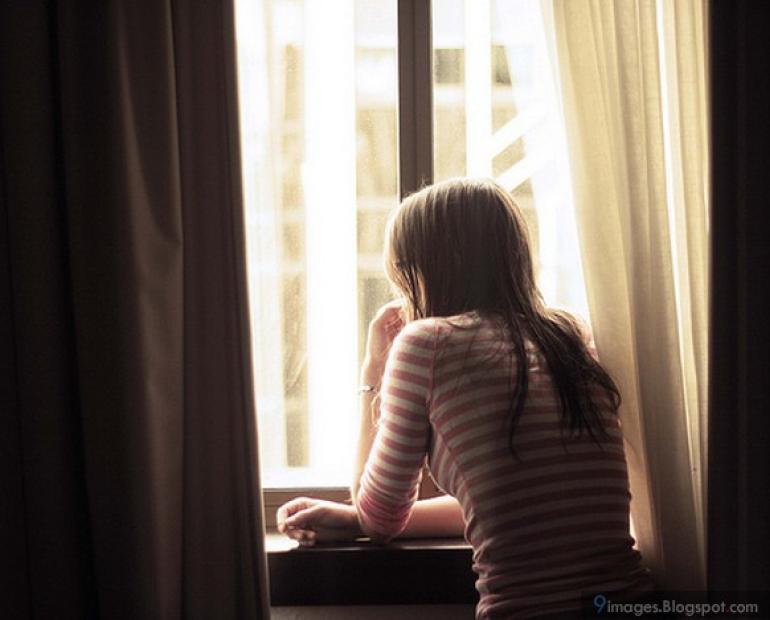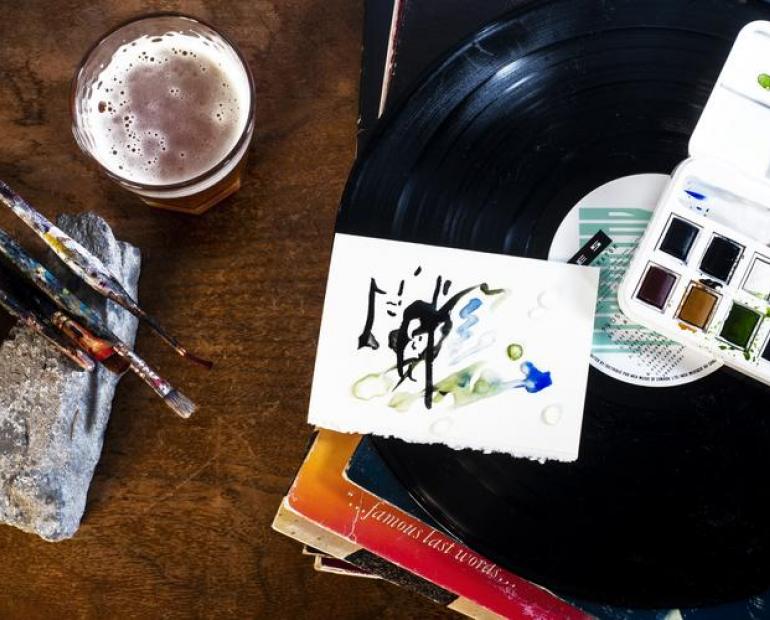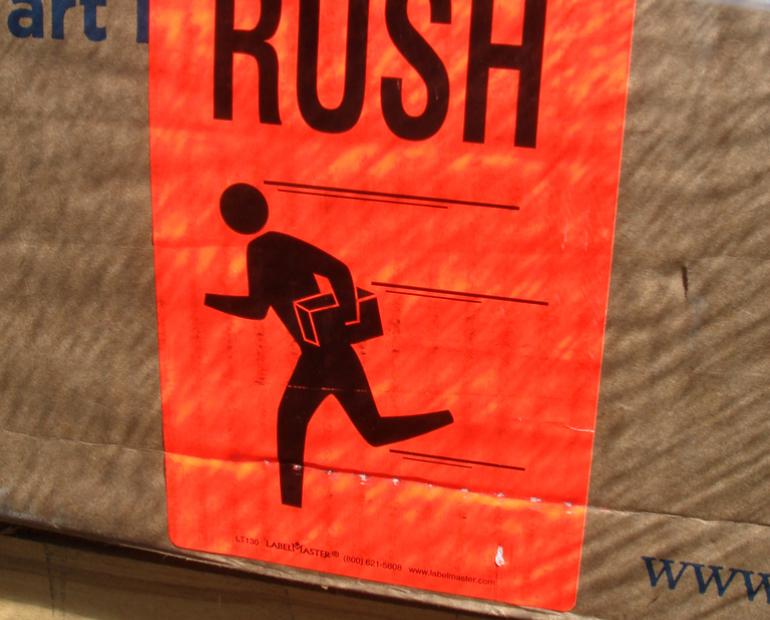
Here in Canada, this week is Mental Health Week. During this uncertain, scary, and difficult time, protecting and managing your mental health can be more challenging than ever. As an individual, I do not suffer from mental health illnesses. Nor am I a certified professional. But, I write this letter as someone who has, and continues to, struggle with managing mental health during this difficult time. I hope you take something away from this article that can help you find a way of managing your mental health, too.
On any ordinary day, mental health is something that many people struggle with. Everyone's struggles look different - some are external, and some are internal, and some have developed coping mechanisms that suppress it entirely. In a time where we aren't able to see our loved ones, or people from our normal support circle, staying connected, and making small changes can be crucial. What I write about in this article are a few of my own experiences since Canada has implemented strong social distancing measures. Missing my family, friends, and general human interaction have taken a toll on my general mental health. But, I've followed a few tips and tricks that have better equipped me to manage the daily ups and downs. This is not a definitive list, nor are any results guaranteed, but I hope that it opens up the conversation for some self-exploration on the paths you can take to develop some healthy practices. These tips might be helpful in the short-run, but they can also serve as a healthy foundation for the future, too.
From the start, one of the things that I struggled the most with was all the additional time I had. With my finals schedule ending, I was staring at my calendar in awe; star-struck at all the additional time I had on my hands. Like some students, I took some time off after finishing all my assignments. I took, what I thought were well-deserved, long Netflix breaks to catch up on the latest shows and documentaries.
Pretty soon, a few days turned into weeks, and before long, I was spending more time on my computer and in bed than anything else. I lost motivation to do things, I lost my appetite, I stopped doing exercise - one of my passions - my life became consumed by online television shows and games. As deadlines passed me, and life, in general, started piling up, I recognized that a change was needed. So, I devised a rough plan of some things that I could do on a daily basis to get back on track and revitalize myself. It was a slow and steady process, and I definitely fell down a couple of times, but I persisted and I managed to get back on track Below are a few of the things that I did that I think could help you if you're in a similar situation.
1. Start Small and Work Your Way Up
You can't really rush getting back into your daily rhythm. It's hard to get back on track once you've fallen off - for whatever reason. But I thought back to a high-school psychology class where we talked about the Pomodoro Technique. It's a time management technique that breaks up your tasks into short 25-minute chunks. For me, it made some of the huge daunting tasks digestible, and breaking something up into smaller parts made the overall process much easier. On top of that, I was able to balance 25 minutes of intense work on something with 5-10 minute breaks. It kept me accountable and allowed me to reset after every short burst of work. Since starting this, I've been slowly increasing the work intervals to maximize the work that I'm getting done.
2. Stay in (Virtual) Contact with People
Social distance, quarantine, isolation, whatever level of separation you are engaging in, the impact is still the same. Our human-to-human interaction has plummeted. For many, not being able to see friends, family, coworkers, or other people takes a toll on our mental health. It's tough. On a daily basis we see so many people that we don't even realize. I am someone who is more introverted than extroverted. While I do enjoy human interaction in busy environments, I also enjoy quiet down-time where I'm able to recharge and enjoy a book, a TV show, a workout, or just, simply, being alone. But, since Canada has strengthened the social distancing rules, the only people that I saw on a daily basis were my roommates. Don't get me wrong, they're wonderful human beings, and I cherish them as roommates. But, not being able to see friends that I've known for almost a decade, not being able to go to dinners with my parents… it all dampened my mood. It wasn't fun, and I was irritable. I missed these social groups dearly, and I wanted to change it. I reached out to these different groups and found creative ways of staying in touch. Like many other families and businesses, we turned to video calls where we could see each other's faces; we played online games to pass the time and chat; and we used different video chatting apps to stay in contact. Human interaction is important for our mental health. But, there are other ways that don't require video call - the technology can be really expensive, and the WiFi fees can skyrocket.
The key is remembering there are other means of contacting people. I started writing letters with some of my friends around the city who didn't have access to the internet. Since I grew up largely in the digital age, I admit, it was a bit strange writing a letter and mailing it out. But, it was really fun. I waited eagerly for the response letters and postcards, and I rejoiced when they arrived and I read the letters. Having said that, I totally acknowledge that reading and writing is not something that appeals to everyone. There are still many other ways of contacting others. I encourage you, if you are someone who enjoys human interaction, to explore different methods of communication. Circumstances outside of our control are changing drastically and are revolutionizing our normal communication channels. It is difficult, but we can adapt.
3. Participating in Physical Activity.
One of the things that I've been doing more of lately, has been exercising. Whether that's running outside and keeping a safe distance from others, or doing a 30-minute home workout, I've been doing more of it, and I've noticed a positive impact on my mental health. Granted, exercise is something that not everyone can participate in. But, I encourage you, if you're able, to enjoy some sort of physical activity, responsibly and safely. I've been going on runs lately around my neighborhood, and the sunshine and physical activity has helped me cope during this time. PLEASE NOTE: Though I am going outside to go on runs every few days, I am keeping plenty of distance between myself and others, and am coming home as soon as I complete the run. Health officials in the province I live in have advocated that people enjoy time outdoors, responsibly. I've found that exposure to the sunlight has helped my mood, as the Vitamin D that my body naturally produces improves my mood regulation. Additionally, the endorphins released from the exercise also improve my mood. Physical exercise like biking or running may not be accessible for every individual. But, going outside even for a quick 10-15 minute period has been hugely beneficial for my mood, and I would invite you to find a strategy that works for you - one that allows you to balance going out for some fresh air, and being able to do it responsibly and avoiding direct human contact with people outside of your social distancing protocol.
These are a few of the things that I'm doing currently that have helped me better manage my mental health. This is not, in any way, an exhaustive or definitive list. It is merely a snapshot of some of the things I do, and some of the things that I think could help you during this trying time. If you have any questions or comments, please feel free to leave them down below. I look forward to hearing about some of the practices that you partake in!






